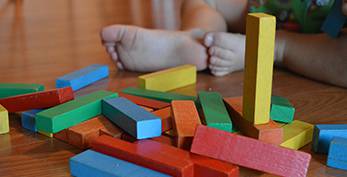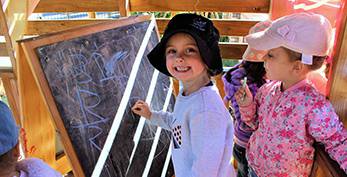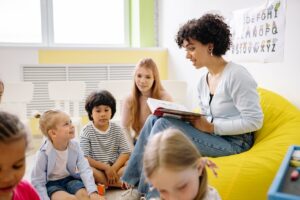 Care for Kid’s Philosophy
Care for Kid’s Philosophy
Our Philosophy identifies the beliefs, values and principles that form the foundations which Care for Kids School of Early Learning management, Educators and services implement in their daily practices.
We recognise young children are capable and competent participants of our community and we strive to create an environment where Educators and children co-construct their learning together.
We acknowledge that children learn best when working with others, including other children, family, Educators and the community and we understand the importance of maintaining collaborative partnerships with our parents through open, respectful communication and shared goals.
Care for Kids combines care and education by following the principles, practices and outcomes of the Early Years Learning Framework and the Philosophies of Reggio Emilia.
Our curriculum is driven by the children’s ideas, thoughts, inputs, and curiosity.
Educators listen to, observe and interact with the children and use their knowledge, experience and qualifications to plan the curriculum and the environment.
Children’s actions, conversations, responses and progression of thinking is carefully documented, displayed and planned for, making learning visible in many different ways.
We are committed to providing the children with a warm, safe, fun, welcoming, inclusive environment that promotes secure, respectful and reciprocal relationships.
This is an environment where children and their families feel comfortable, respected, and valued as individuals. Children are provided opportunities to develop independence, self-expression and confidence through everyday routines.
Educators are friendly, professional, respectful, understanding, and compassionate, treating all children, families and other Educators with respect, without bias, listening with empathy and responding with understanding. We recognise that early positive experiences lay the foundations for children to reach their full potential.
Being a part of the Care for Kids family is a wonderful experience, one that will create lifelong memories.
We model our behaviour on our Care for Kids EPPIIC Values, which are:
• Excellence
• Passion and dedication
• Professionalism
• Integrity
• Innovation
• Collaboration
All leading to: “Achieving excellence in early childhood education and care”
Each individual Care for Kids School of Early Learning has a unique Service Philosophy, which has been designed in collaboration with families, children and staff.
 Reggio Emilia Inspiration
Reggio Emilia Inspiration
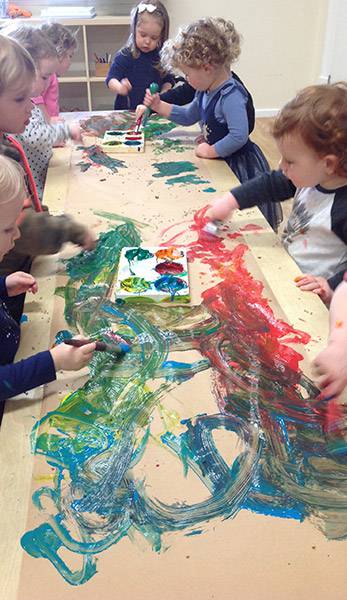
 Care for Kid’s Philosophy
Care for Kid’s Philosophy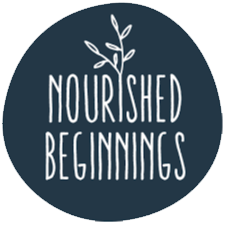 Healthy Menus and Nutrition
Healthy Menus and Nutrition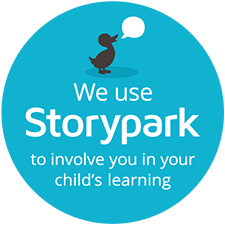 Storypark
Storypark